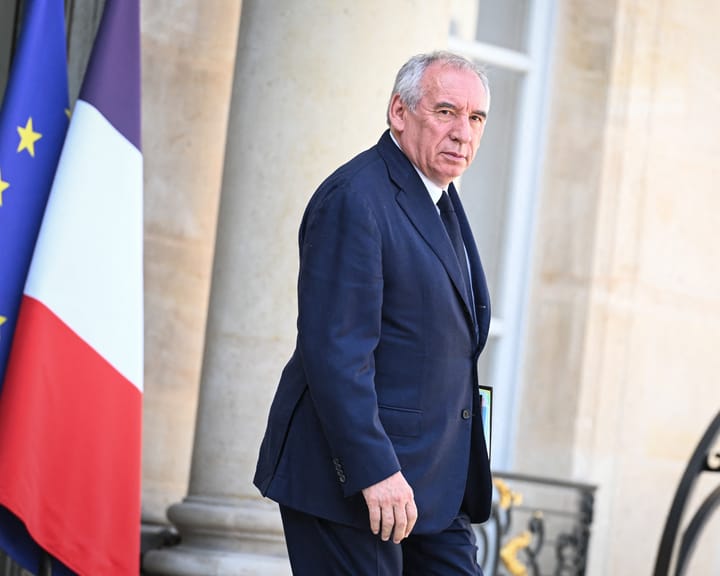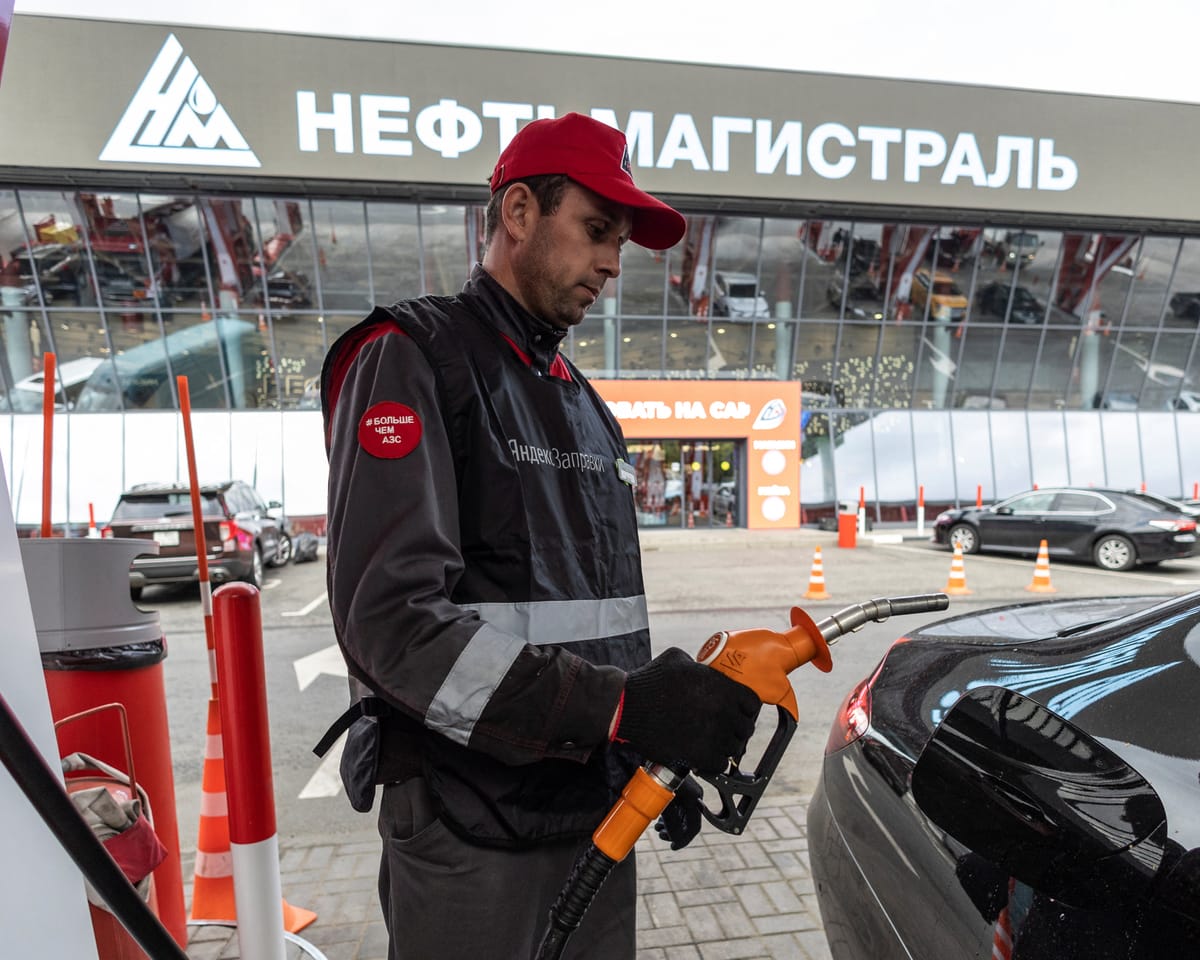Russia Faces Fuel Crisis as Drone Strikes Cripple Refineries
Russia, often regarded as an energy powerhouse, is experiencing unexpected fuel shortages after a series of Ukrainian drone strikes damaged refineries across the country.
In several regions, petrol stations have run out of fuel, prices have soared to unprecedented levels, and drivers are enduring long queues.
Over the summer, Ukraine has intensified its drone campaign targeting Russian energy infrastructure, a tactic intended to pressure Moscow and demonstrate its influence amid peace negotiations involving US President Donald Trump.
Remote areas, including the far east, southern Russia, and annexed Crimea, have been hit hardest by the shortages. In some places, motorists have been forced to purchase higher-grade, more expensive fuel due to a lack of standard A-95 petrol.
Experts estimate that recent Ukrainian attacks have disrupted at least 17% of Russia’s total refining capacity—equivalent to 1.1 million barrels per day.
Reports indicate that between 2 and 24 August, Ukraine carried out over a dozen strikes on oil facilities, most of which were along the Ryazan–Volgograd corridor in the southwest. The latest incident occurred on Wednesday, when Ukrainian outlets reported an explosion on the Ryazan–Moscow pipeline, a crucial fuel supply route to the capital.
“This isn’t the first fuel crisis; similar situations occurred even before the war,” said Boris Aronstein, an independent oil and gas analyst. However, he noted that drone strikes on refineries and storage sites have intensified the problem, making this the most severe fuel shortage in years.
"The attacks are large-scale, well-coordinated, and recurring. They come in waves, leaving refineries no time to fully repair before the next strike," Aronstein added.
Last week, wholesale prices for A-95—Russia’s most commonly used petrol—surged to a record 82,300 roubles (£760) per tonne, marking a 54% increase since January.
Domestic fuel shortages appear contradictory for a nation ranked among the world’s top energy exporters, supplying crude to markets like China and India. Recently, Trump announced broad tariffs on US imports from India, criticizing its dependence on discounted Russian oil.
However, crude must be refined into petrol and diesel, and much of Russia’s refining capacity caters to export needs. Analysts highlight a critical weakness: the country’s limited surplus in domestic fuel production, with supply barely meeting demand—leaving the system highly susceptible to disruptions.
While drone strikes typically only partially damage refineries, Western sanctions have barred Russia from essential technology, delaying and complicating repairs.
Even before the latest attacks, Moscow had tightened restrictions on gasoline exports in July to address shortages at home.
Read next

"France in crisis: Economic dispute escalates into political turmoil"
France finds itself in economic uncertainty, lacking a budget and possibly facing a government collapse. Prime Minister François Bayrou has called for a parliamentary confidence vote on 8 September. With left-wing and far-right parties vowing to remove the government, he lacks the necessary support to prevail.
Recently, the Socialist Party

"MSF reports a third of Gaza outpatient wound patients are children"
Nearly one-third of outpatients treated for injuries at medical centers operated by Médecins Sans Frontières (MSF) in Gaza last year were children under 15, according to data published in The Lancet.
The statistics, shared by MSF in correspondence with the medical journal, were gathered from six healthcare facilities in Gaza,

"Javier Milei rocked by scandal linking sister to alleged bribes"
Argentina’s president Javier Milei is confronting his administration’s most serious alleged corruption scandal—linked to his sister, Karina, a key figure in his government—just weeks before crucial legislative elections.
For over a week, national attention has been focused on leaked audio recordings featuring a former official discussing

